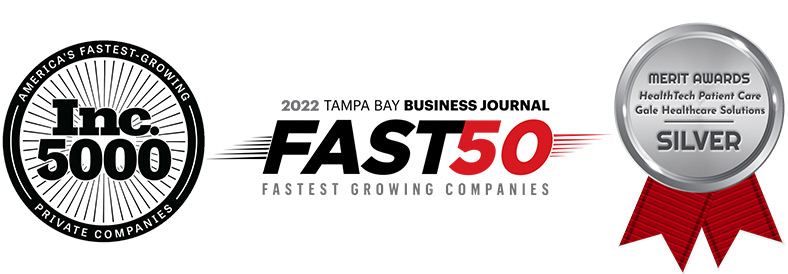
If you’ve decided to accept temporary nursing assignments on either a per diem or travel basis, you’re probably excited about all the new work opportunities and the freedom you’ll have to work when and where you want. Accepting shifts that fit your schedule does more than just provide flexibility for you; it also fills a vital need for the healthcare facilities where you work.
It’s important to remember a few things when you accept an assignment at a new facility. Although each one is different, facility managers often express similar preferences for what they need from temporary staff. I know, as I used to be a Director of Nursing myself. Here are six things facility managers wished nursing professionals knew when starting work at their facility.
1. When you call off, people go without care.
The country is facing a shortage of nurses. Healthcare facilities turn to supplemental staffing firms to ensure they have the staff they need to provide proper care. You’re the last line of defense, and so when you don’t show up for your scheduled shift, there may not be time to find a replacement. Patients and residents are the ones who suffer most, and so always remember – accepting a shift is an incredibly important responsibility.
2. We welcome you as an essential member of our team.
We’re glad you’re here, but we may not always have the time to show it. Our patients deserve the best care possible, and we’re usually juggling a lot of responsibilities to make sure that’s what we deliver. Even though we’re busy, we want you to know that we consider you a valuable part of our team the moment you walk through the door. We depend on you, so it’s a tremendous help when you can:
Hit the Ground Running
We don’t just want you to walk in the door at your start time; we need you to be ready to work as soon as your shift begins. If we offer an orientation, please take it. If that’s not possible, arrive early so you can start getting familiar with how we do things. Also, we trust that you know what you’re doing, but don’t be afraid to ask questions.
Be a Team Player
It’s important to navigate the dynamics of the team you’re working with during any given shift. Make sure you‘re not intentionally (or unintentionally) causing friction with or between team members. We work best when we work together.
Remain Calm Under Pressure
In nursing, we may deal with life or death situations at any time. This responsibility carries a lot of pressure, so it’s critical that you maintain a sense of calm for yourself, our team, and those we care for.
Be a Problem Solver
Because you never know exactly what kind of problem might arise, it’s essential that you’re able to think on your feet while on shift.

3. Adaptability and flexibility are key.
Needs can change over the course of a shift. You can make yourself a valuable asset by being willing to go where you’re needed at any time, even if it means starting over on tasks you’ve already completed for your original assignment. Being willing to adapt to the situation and accept directions as needed while keeping a good attitude makes everything run smoother and leaves a lasting, positive impact on our staff and those we’re caring for.
4. Respect and follow our way of doing things.
Every facility is unique, so it’s important to learn as much as you can about the systems, procedures, and protocols we have in place. These established processes are designed to keep both the clinicians and patients safe.
5. We value your empathy and compassion.
Knowledge and talent are important, but the empathy and compassion you bring to the job are what sets you apart. You are your patient’s advocate and support during your shift. Helping them feel comfortable and understood will help build a foundation of trust, even if you’re meeting them for the first time.
It’s also important to remember that when you provide care in a long-term care facility, you are essentially coming into someone’s home. Showing respect and being considerate will help set your patients and residents at ease.
6. Keep your credentials up to date.
It’s also important that you have your credentials and documentation in order and readily available, particularly if we are undergoing a state survey. Make sure you keep them up-to-date. And if your employer provides options for managing credentials, as Gale Healthcare does, make sure you take advantage of that feature.
We know it can be overwhelming to walk into a new facility and be expected to perform your best while learning new protocols, meeting new coworkers, and caring for new patients. We offer these insights as a reminder of how you can be most helpful to patients, residents, and staff in facilities where you work.
At Gale Healthcare, we are building one of the nation’s largest networks of fully-credentialed nursing professionals in the country. If you’re ready for a new work option, apply to work with Gale. We would love to welcome you to our team.
Eric Dorsey,




